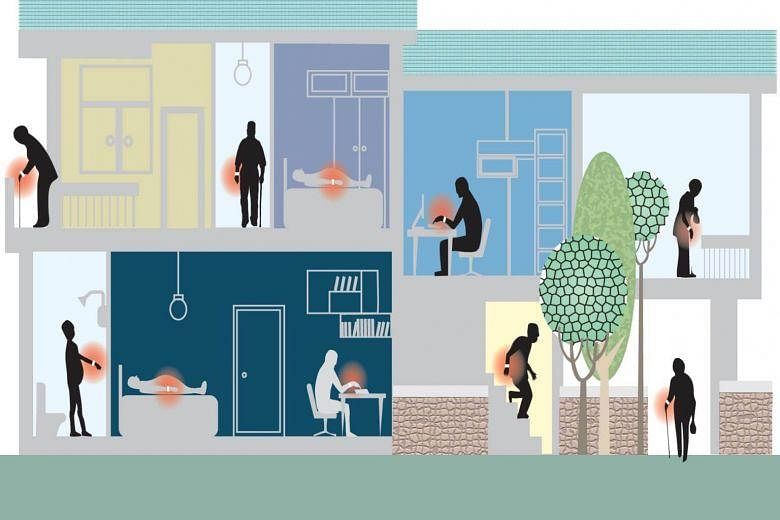Why must dementia patients and seniors be treated like prisoners, with electronic tagging and intensive monitoring (E-tagging of seniors boosts safety but is it dignified?, April 21)?
A very basic problem with tagging people is that it raises the question of respect for them.
Tracking technology may be suitable for people in the early stages of dementia who can still make an informed decision about whether they would like to wear a tag.
However, we must balance advantages for the individual with protecting a person's civil liberties.
Rather than tagging, we need better social care in the community.
Dementia patients and seniors need human interaction, not electronic tagging.
Tagging people raises very important questions about an individual's human rights.
Even though these people have not committed any crime, they are effectively being demonised and treated like criminals.
Society should not be looking at dementia patients in that way.
There has to be a more decent way of coping with somebody's mental and physical issues.
We need to protect dementia patients' rights to privacy, and determine what is best for them through careful inquiry, negotiation and judgment.
Cheng Choon Fei

